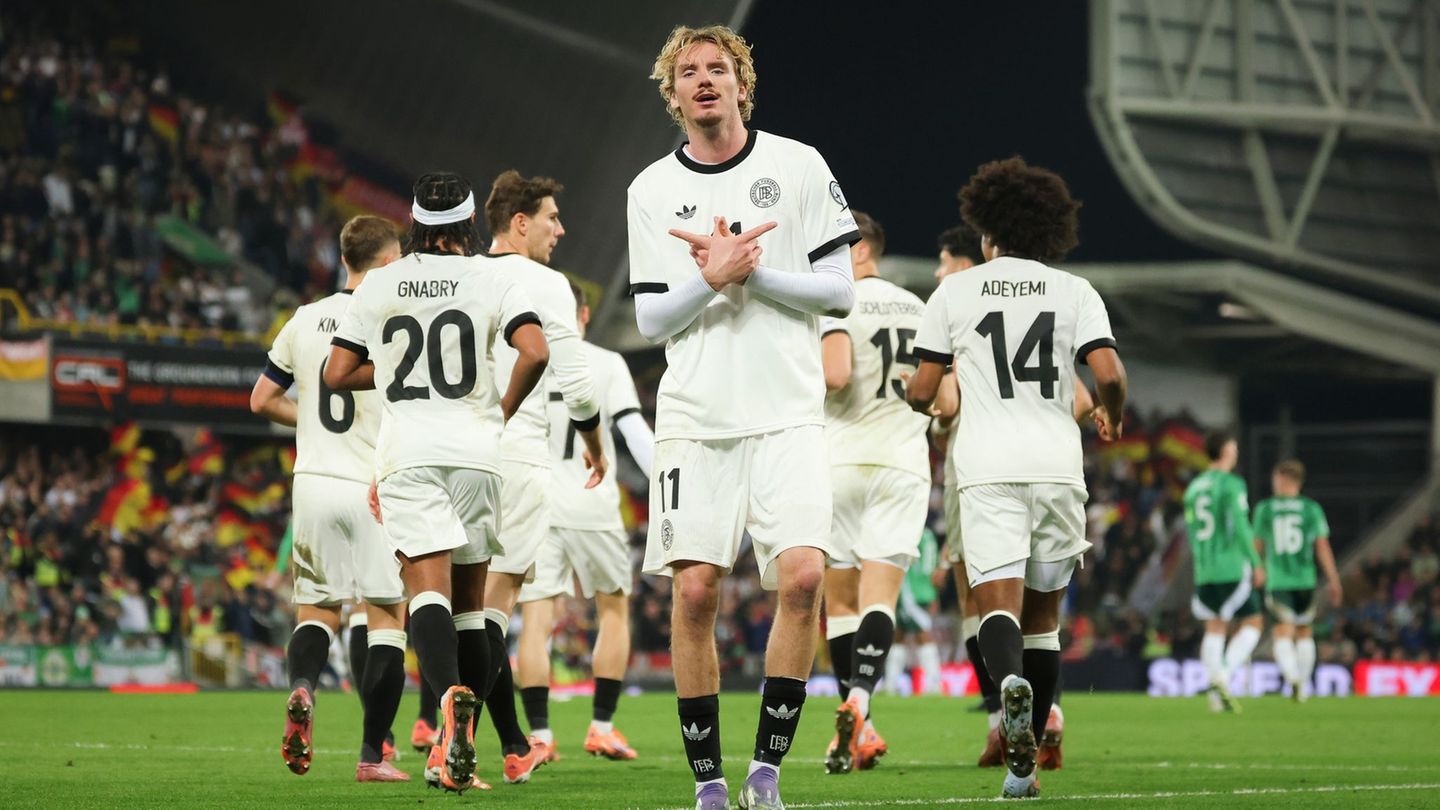“It is the first time that a classroom teacher has been given the opportunity (to manage the portfolio) because generally an economist, a sociologist, a psychologist was there,” added the official, after promising “transparency, honesty and justice.”
However, his predecessor is also a career teacher.
After a week in which the opposition criticized President Pedro Castillo for not appointing a minister, the choice fell on Serna, until now Director of Education of the Andean department of Huánuco and who in the past was a technical official of the ministry.
Serna is a member of the left-wing coalition Together for Peru (JP), an ally of the Government, and was one of its candidate for Congress in the last elections. But he has already announced that he will renounce that affiliation so that partisan interests are not perceived.
Peruvian education, which many hoped would have a special impulse with Castillo -a rural teacher forged in the union struggles of the teachers-, is going through a critical situation, derived, among other factors, from the coronavirus pandemic and the offensive against the praised university reform.
“There is no doubt that it is the worst crisis in education in the last 100 years in Peru. It is very clear. The question is whether it is more serious than in other countries. In fact, in South Asia and Latin America it is more serious than in the rest of the regions, “said the World Bank’s Chief of Education, Jaime Saavedra, in an interview with the Lima daily La República.
“Unfortunately, we do not have data (to compare). We are browsing blind. We have to have that data quickly to be able to implement policies,” added Saavedra, who was Pedro Pablo Kuczynski’s Minister of Education until he was censored in 2016 by the opposition of right wing that controlled Congress.
Peru is one of the countries that has taken the longest to resume face-to-face classes after the interruption forced by the pandemic in March 2020. At the end of this year, only 11% of students had physically returned to classrooms, a much lower percentage than in all neighboring countries.
Analysts and spokesmen for the right-wing opposition blame Gallardo, who they say neglected the issue for being involved in internal conflicts in the teachers’ unionism, as a leader who is from one of the opposing sectors.
“The boys are losing years of education and that is going to imply a very big impact on their future well-being. If you become economist, it will be a very big impact, not now, but in 10, 20 years. to be 10 or 15% less productive than their peers of the next and previous generation, “said Saavedra.
For the former minister, considered one of the greatest experts on the subject in the world, the matter is even worse because neither the Castillo government nor the previous ones of Martín Vizcarra and Francisco Sagasti took advantage of the absence of students to improve the structure in the schools.
If the outlook is bleak in schools, it is no less so in university education, where, according to continuous complaints, there is a political and business offensive to overthrow a reform that since 2014 has meant an obvious improvement in supply.
In Congress, a virtual alliance of legislators from different currents is targeting the National Superintendency of University Education (Sunedu), one of the most prestigious institutions in the country, without, supposedly, the Government being energetic in confronting it.
Thus, they have advanced projects to intervene the Sunedu board of directors, to give more deadlines for the universities to adapt to the required quality standards and even to “give another chance” to institutions that were denied the license due to the wrong service they offered.
“They are attempts at counter-reform, with different nuances and strength, and that will continue,” said Saavedra, who in the interview with La República recalled that there are great economic interests around closed universities.
“The income generated by universities, business spaces, tax evasion, were extremely large. We are not talking about small businesses,” added the former minister, for whom what happens is “extremely serious.”
The new minister will also have to weather a temporary issue: the cancellation of a contest to fill teacher positions in public schools, arranged after it was confirmed that the questionnaires were marketed to applicants.
“The leak has to be investigated and reach the last consequences. People have to learn that things are transparent,” Serna said in his first reference to the matter.
The head of the ministerial cabinet, Mirtha Vasquez, he affirmed, amid these uncertainties, that Serna “is committed to educational quality and will fulfill the very important task of leading from the Government a safe and equitable return to classes.”
The opposition, meanwhile, has not yet made further comments on the appointment, although it already questions that the new minister is from JP, a group led by the Minister of Commerce, Roberto Sánchez, and to which the Economy holders, Pedro Francke, are close , and Woman, Anahí Durand.
Gallardo, a career professor who, like Castillo, comes from a “radical” dissidence from the teachers’ unionism, was the prime minister censored by a Congress that, under the leadership of “hard” right-wing forces, has the Government of left and has already directly or indirectly forced the departure of another 11 members of the cabinet.
Source From: Ambito
David William is a talented author who has made a name for himself in the world of writing. He is a professional author who writes on a wide range of topics, from general interest to opinion news. David is currently working as a writer at 24 hours worlds where he brings his unique perspective and in-depth research to his articles, making them both informative and engaging.




